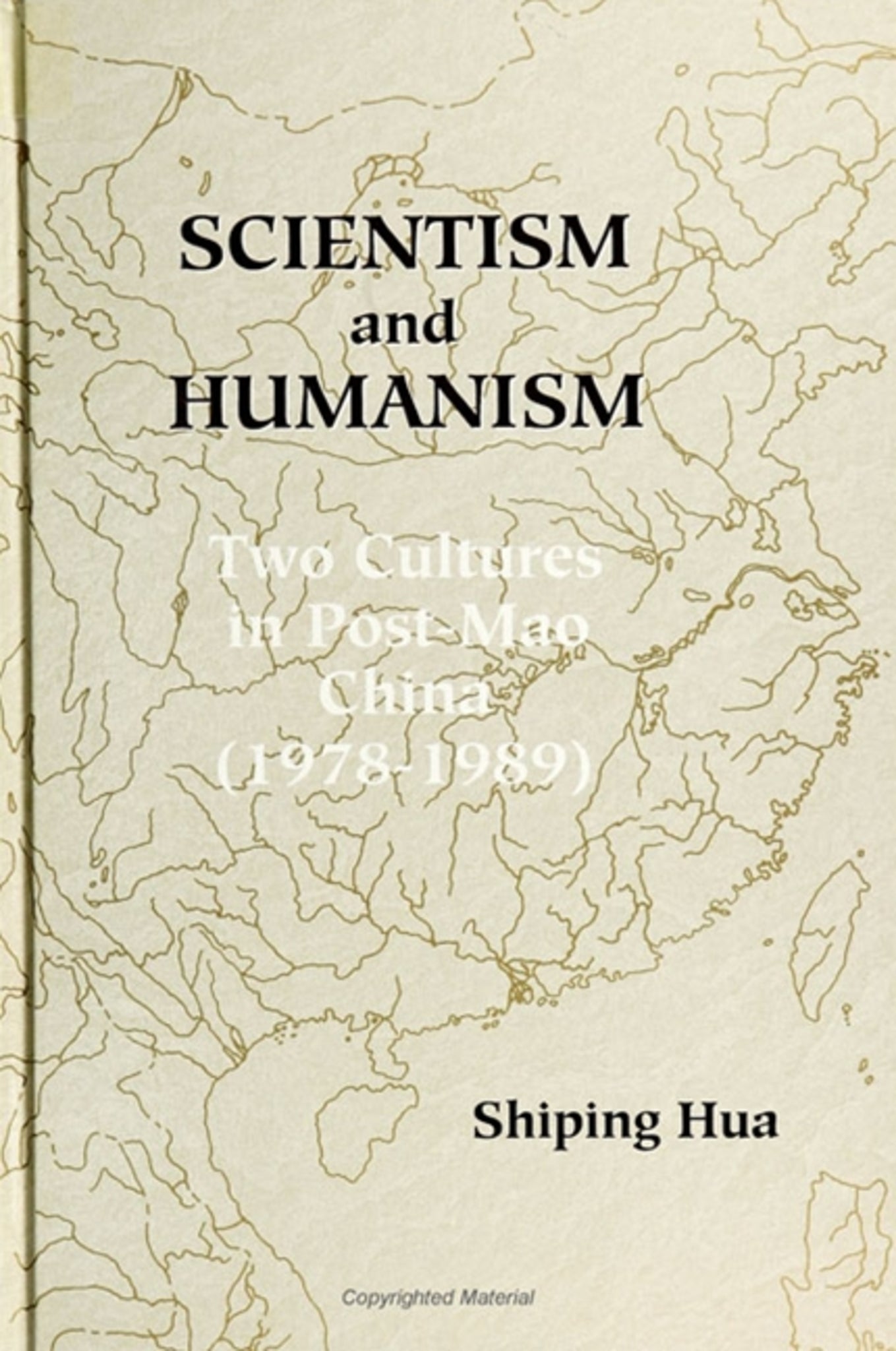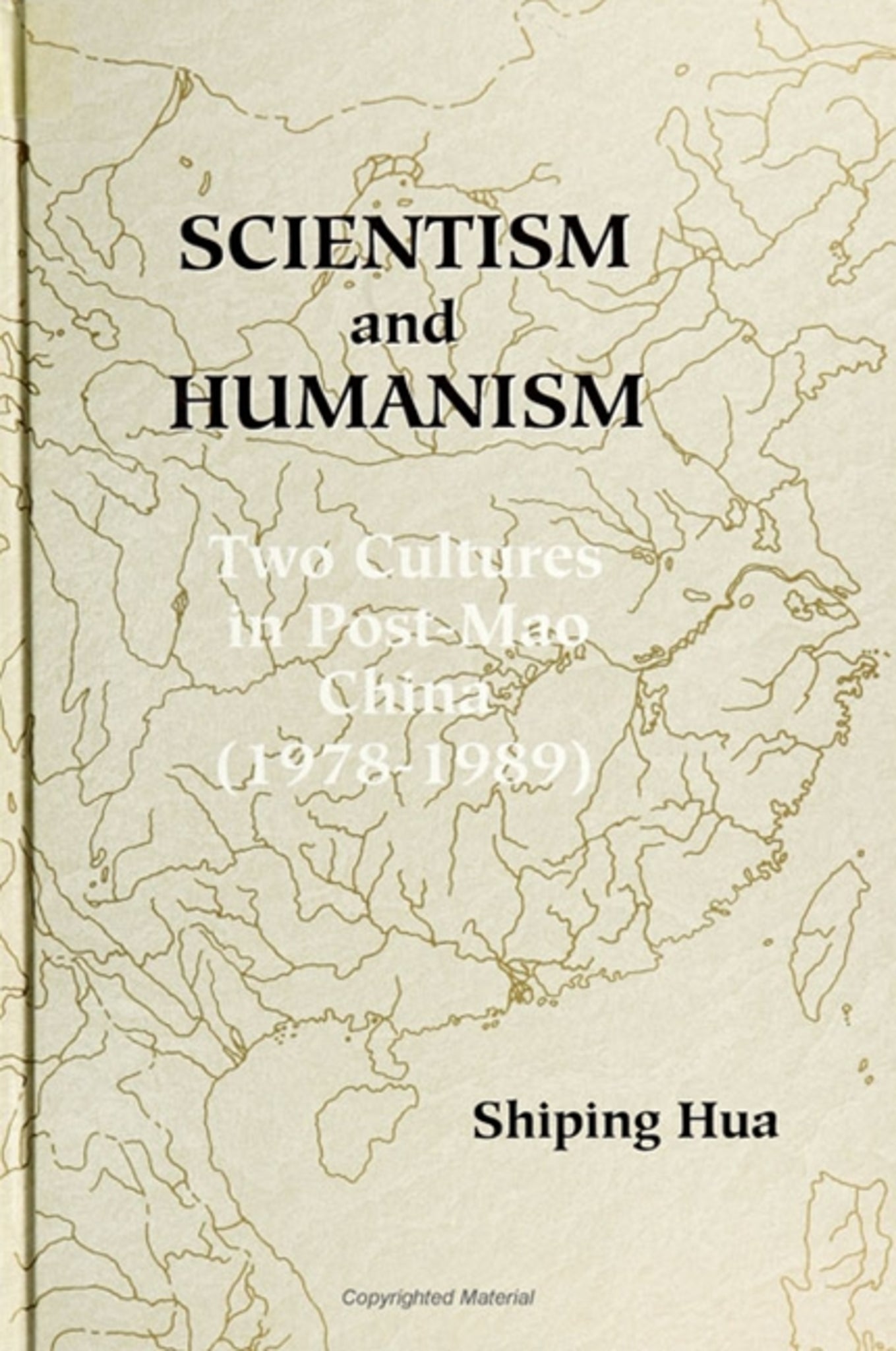We're sorry. An error has occurred
Please cancel or retry.
Scientism and Humanism

Some error occured while loading the Quick View. Please close the Quick View and try reloading the page.
Couldn't load pickup availability
- Format:
-
01 July 1995

This book is a study of the transformation of Chinese political consciousness during the post-Mao era. Departing from the common wisdom of the day that Deng Xiaoping's pragmatic-oriented reform has made ideological discussions irrelevant, this book holds that while it is probably true that no single, fixed ideology has existed during the period, the ideological dimensions not only have persisted, but also can be analyzed systematically.


"Not only is this topic significant, but unlike most of the literature available on this period in Chinese history, this author is able to write from an internal perspective, providing the reader with an importantly different point of view.
"The author uses a combination of statistics and case studies to frame his interpretation of the relationship between scientism and humanism in contemporary China, and to bring the role of the intellectual into clearer focus. It is very well done." — Roger T. Ames, University of Hawaii
"This study is the first of its kind using the scientism and humanism framework to examine Chinese intellectual thought in the late twentieth century. It formulates the highly original concepts of Marxist, technological, and empirical scientism as well as Marxist, Confucian, and critical humanism." — Alvin Y. So, University of Hawaii
"I was deeply impressed by the author's knowledge of the field and his profound understanding of the research subject. His analyses are insightful and occassionally witty, his command of the English language, presumably his second language, just superb. He seems well read and well informed. Reading the book was a pleasure." — Yanan Ju, Central Connecticut State University
Preface
PART I Origins of the New Thinking
Introduction: Scientism Versus Humanism
Chapter 1 Science, Scientism and Humanism
What Is Science
What Is Scientism
What Is Humanism
Theoretical Assumptions
Carriers of New Thinking: The Establishment Intellectuals
Chapter 2 Historical Origins of the New Thinking
Cultural Origins: Holistic-Monistic ChineseTradition
Political Origins: Voluntarism and Ethic-Purism of the Cultural Revolution
Economic Origins: The Country Has Become Richer, the People Have Become Poorer.
PART II Three Versions of Scientism
Chapter 3 Marxist Scientism—Hu Qiaomu
Life and Experience
Science as the Philosophical starting Point
Application of Marxist Science
Chapter 4 Technological Determinism: SuShaozhi
Life and Experience
Science as the Philosophical Starting Point
Application of Marxist science
Chapter 5 Empirical Scientism: Jin Guantao
Life and Experience
Science as the Philosophical Starting Point
Application of Empirical Science
PART III Three Versions of Humanism
Chapter 6 Marxist Humanism: Wang Ruoshui
Life and Experience
People as the Philosophical Starting Point
Application of Empirical Science
Chapter 7 Confucianist Humanism: Li Zehou
Life and Experience
People as a Philosophical Starting Point
Application of Humanistic Philosophy
Chapter 8 Critical Humanism: Gan Yang
Life and Experience
People as the Philosophical Starting Point
Application of Humanistic Philosophy
PART IV Conclusion
Chapter 9 The New Thinking and the Chinese Political Culture
Notes
Bibliography
Index



